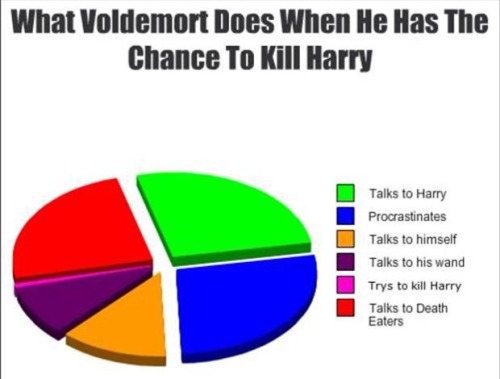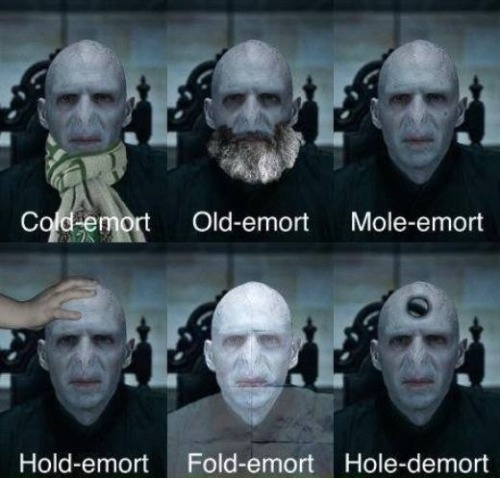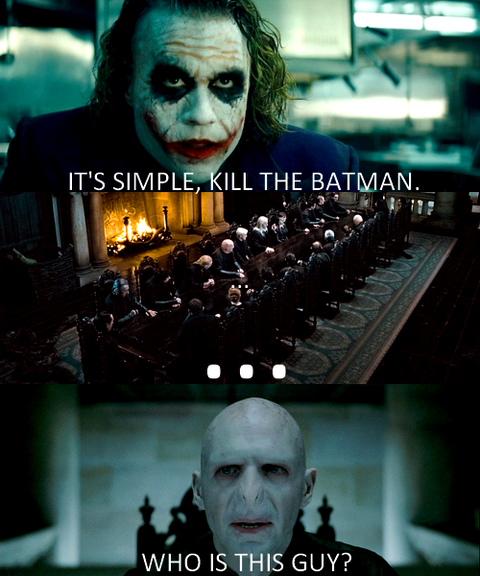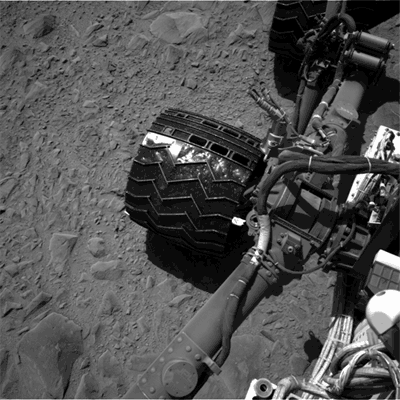New Video! Reflection Nebulae In A Nutshell! Follow Evant Horizon For More Astronomy Posts!
New Video! Reflection nebulae in a nutshell! Follow Evant Horizon for more astronomy posts!
More Posts from Space-m17-blog and Others

(12 Nov. 1966) — Astronaut James A. Lovell is photographed inside his Gemini spacecraft during the Gemini-12 mission. Astronaut Edwin Aldrin is seen in the background and to the left. Photo credit: NASA

Albert Einstein in a vintage polo.









An Adaptable Species: Part 1 of 4 Episode 11: The Immortals, Cosmos: A SpaceTime Odyssey














M-theory
Membrane theory is a relatively new theory in the world of physics. It has been backed by Stephen Hawking as being the only candidate for the complete theory of the universe.
M-theory has been growing very popular in recent years. This is because it ties together the existing string theories into one relatively simple (mathematically) depiction of the universe. The true origins start with the older string theories that came about in the 80’s. This outlined how all the different forms of energy in the universe could be constructed out of hypothetical one dimensional “strings”. The current M-theory now believes in an 11 dimensional space (this was previously 10 in earlier versions of string theories but the introduction of supergravity increased the count to 11). Now we live in a 3D space with a total of four observable dimensions meaning that there are another 5 we cannot detect. Now in string theory, it was hypothesised that depending on how the strings vibrate the might be seen in 3 dimensions as matter, light or gravity. The problem with string theory was that different equations used to describe the vibrations of the strings kept coming out and they all appeared to be correct. Then what happened was M-theory which said that it’s possible that all the equations are describing the same thing but from a different perspective.
My current understanding of M-theory is that there are lots of 2D membranes which are in an 11D space. These two dimensional branes are not fixed in this eleven dimensional space and move around. When they collide a new 2D brane is created and it is thought that when this happens it is similar to a Big Bang. So it’s entirely possible that out universe is really a 2D membrane in an 11D space.
The first image is a Calabi-Yau manifold. It’s a multi-dimensional mathematic structure and is very significant to M-theory, all they have to do is find the “right” one.

Sorry guys. I am a little busy these days. But stay tuned I will be back with a lots of amazing photos of cosmos. :)

Disclaimer: These are online resources that I have found, They are not meant to be your only source of study, instead you can use them to your enhance your normal study. I don’t know what level these resources are aimed at, but I’ve tried to provide a range for a number of different topics. I don’t study Physics, so I don’t know how accurate these are, or how they relate to course syllabi.
Space & the universe:
How do we know the Big Bang actually happened?
Visible Earth - A catalogue of satellite images of our home planet detailing everything from atmospheric data to city lights or natural disasters.
NASA - NASA homepage with links to other NASA sites. FAQ
British National Space Centre - Site containing information about current satellites launches, solar system and Earth observation. There are links from the ‘Learning Zone’ to other Space sites.
Online Physics Lecture Notes - A directory of online undergraduate level astronomy and physics lecture notes from various universities.
Physics in Perspective: 2013 lectures - Video: Dr Andreas Freise talks about finding black holes with lasers.
Galileo: An educational film - An educational film dramatising the life of Galileo and his scientific discoveries.
Why our universe might exist on a knife-edge
Is our universe the only universe?
Distant time and the hint of a multiverse
The hunt for a supermassive black hole
The story behind the Mars Rovers
The design of the universe
Shedding light on dark matter
Why did Pluto get kicked out of the planet club?
Geocentrism and heliocentrism
Newton’s Law of Universal Gravitation
An overview of orbital mechanics
Orbital mechanics - These drawings simplify the physics of orbital mechanics, making it easy to grasp some of the basic concepts.
Gravity is More Than a Name
Circular and Satellite Motion Interactives
Vectors, Motion & Momentum
Vectors - Motion and Forces in Two Dimensions
Vectors, Projectiles, and 2-D Motion Interactives
One dimensional motion - velocity, speed, time, acceleration, projectiles.
Two dimensional motion - projectile velocity, inclines, centripetal force and acceleration.
Introduction to vectors and scalars - Khan Academy (YouTube)
Physics: Introduction to Vectors (YouTube)
Momentum and Its Conservation
Momentum and Collisions Interactives
1-D Kinematics Interactives
The simple pendulum - Excellent animations proving assorted points about the simple harmonic motion approximation for pendulums.
The Physics of Body Mechanics
Momentum and forces (BBC Bitesize)
Forces and Newton’s laws
Impacts and linear momentum
Moments, torque and angular momentum
Oscillatory motion
Work & Energy:
Work, Energy, and Power
Work and Energy Interactives
Introduction to work and energy - Khan Academy
SparkNotes: SAT Physics: Work, Energy, and Power
Thermal Physics:
Thermal Physics
Thermodynamics
SparkNotes: SAT Physics: Thermal Physics
Thermal Physics - Heat and Temperature (YouTube)
Electricity & Magneticism:
Static Electricity
Static Electricity Interactives
The Electromagnetic Spectrum Song by Emerson & Wong
Electromagnetic Spectrum - Introduction
Electricity and magneticism (Khan academy)
Current Electricity
Magnetism Interactives
Direct Current Versus Alternating Current
Circuits
Circuit symbols review notes
Circuit components overview
Resistors in Circuits
Batteries in Circuits
Capacitors in Circuits
Online circuit lab
Electric Current
Electric Resistance
Electric Power
Light & Sound:
Waves
Waves and Sound Interactives
Sound Waves and Music
Mechanical waves and sound
Light Waves and Color
Light waves
Reflection and the Ray Model of Light
Refraction and Lenses Interactives
Refraction and the Ray Model of Light
Circles of light: the mathematics of rainbows - An in-depth study of the mathematics involved in the study of rainbows. For advanced students only.
The Discovery Of Radioactivity - 100 years ago, a group of scientists unknowingly ushered in the Atomic Age. Their work initiated paths of research which changed our understanding of the building blocks of matter.
Light: Particle or a Wave?
Refraction of Light
Diffraction of Light
Sources of Visible Light
Laser Fundamentals
Prisms and Beamsplitters
What is the speed of dark? Vsauce. YouTube (2014).
Primary Colors
Diffraction of Light
Atoms:
The Discovery and Research on the Atom - A description of some of the important developments in understanding the atom an its constituents. Some parts of the site are very mathematical and go beyond college level physics.
Large Hadron Collider finds elusive new particle after 50 years
Building atoms
Revise atom structure (S-cool, intro level)
Build an atom - Move the electrons, protons and neutrons yourself to create different atoms.
Definitions & Tools:
Torques - Definitions of various torques, statements of Euler’s equations.
Elasticity - Definitions for a selection of topics related to elasticity.
Forces - Glossary of terms and mathematical derivations for various forces.
Friction - A few good definitions relating to friction.
Mass and Weight - Brief definitions for various mass and weight related topics.
A Dictionary of Units of Measurement - The history and conversion of different numeric systems
Physics Forums - A busy forum covering every physics topic under the sun. Great for everything from homework questions to discussing the origins of the universe.
The Laws List - The Laws List is an alphabetised guide featuring several hundred laws, rules, principles and other related topics in physics, from aberration to the Zeeman effect.
Astro Physical Calculator - A fully working physical calculator with physical constants stored in memory.
Other:
Introduction to MRI physics - A detailed page on the workings of mri scanners with lots of animations (requires shockwave).
How Does a Cat Land on its Feet? - The saying is that cats always land on their feet. This animation explains how they do this.
X‑rays
What physics taught me about marketing
Physics Timeline
Careers:
Careers in physics
What can I do with my degree in physics?
Careers In Physics - American Physical Society
Important Dates and Discoveries - The Physics of the Universe

Rolling, rolling, rolling.
(via GIPHY)
-
 knights-of-ishgard liked this · 6 years ago
knights-of-ishgard liked this · 6 years ago -
 deadblog-dni reblogged this · 7 years ago
deadblog-dni reblogged this · 7 years ago -
 bluehoodedhuntress liked this · 8 years ago
bluehoodedhuntress liked this · 8 years ago -
 idioticpineapple liked this · 9 years ago
idioticpineapple liked this · 9 years ago -
 the-evil-twin reblogged this · 9 years ago
the-evil-twin reblogged this · 9 years ago -
 321-blast-off liked this · 9 years ago
321-blast-off liked this · 9 years ago -
 talyn-bby liked this · 9 years ago
talyn-bby liked this · 9 years ago -
 draokos liked this · 9 years ago
draokos liked this · 9 years ago -
 habitablespace liked this · 9 years ago
habitablespace liked this · 9 years ago -
 buticlaimedtheusername liked this · 9 years ago
buticlaimedtheusername liked this · 9 years ago -
 space-m17-blog reblogged this · 9 years ago
space-m17-blog reblogged this · 9 years ago -
 paradoxfox-blog liked this · 9 years ago
paradoxfox-blog liked this · 9 years ago -
 zero4488 liked this · 9 years ago
zero4488 liked this · 9 years ago -
 siriuslymate liked this · 9 years ago
siriuslymate liked this · 9 years ago -
 kathy-ak liked this · 9 years ago
kathy-ak liked this · 9 years ago -
 roseate-cynic liked this · 9 years ago
roseate-cynic liked this · 9 years ago -
 treseyes liked this · 9 years ago
treseyes liked this · 9 years ago -
 kmdn7-blog liked this · 9 years ago
kmdn7-blog liked this · 9 years ago -
 not-an-iota liked this · 9 years ago
not-an-iota liked this · 9 years ago -
 itsjustlarz liked this · 9 years ago
itsjustlarz liked this · 9 years ago -
 gremworld reblogged this · 9 years ago
gremworld reblogged this · 9 years ago -
 gremworld liked this · 9 years ago
gremworld liked this · 9 years ago -
 aforsakenegg liked this · 9 years ago
aforsakenegg liked this · 9 years ago -
 help-what-is-happening-blog liked this · 9 years ago
help-what-is-happening-blog liked this · 9 years ago -
 puterarimba-7-blog liked this · 9 years ago
puterarimba-7-blog liked this · 9 years ago -
 dirtylittlekittenmittens liked this · 9 years ago
dirtylittlekittenmittens liked this · 9 years ago -
 windandthehowl reblogged this · 9 years ago
windandthehowl reblogged this · 9 years ago -
 the-ravendork liked this · 9 years ago
the-ravendork liked this · 9 years ago -
 starsandminds liked this · 9 years ago
starsandminds liked this · 9 years ago -
 universalexplora-blog liked this · 9 years ago
universalexplora-blog liked this · 9 years ago -
 stubborn-philosopher reblogged this · 9 years ago
stubborn-philosopher reblogged this · 9 years ago -
 iden-deity liked this · 9 years ago
iden-deity liked this · 9 years ago -
 arashin-mavaj reblogged this · 9 years ago
arashin-mavaj reblogged this · 9 years ago -
 arashin-mavaj liked this · 9 years ago
arashin-mavaj liked this · 9 years ago -
 cauveflor liked this · 9 years ago
cauveflor liked this · 9 years ago -
 moonkelpie reblogged this · 9 years ago
moonkelpie reblogged this · 9 years ago
I love space. I've been to space camp in Huntsville Alabama and I am planning on going every summer. I look forward to be an astronaut for nasa on the sls that is planned to be launched 2018. And the manned mission 2030. So yeah I won't let anything get in my way.
138 posts